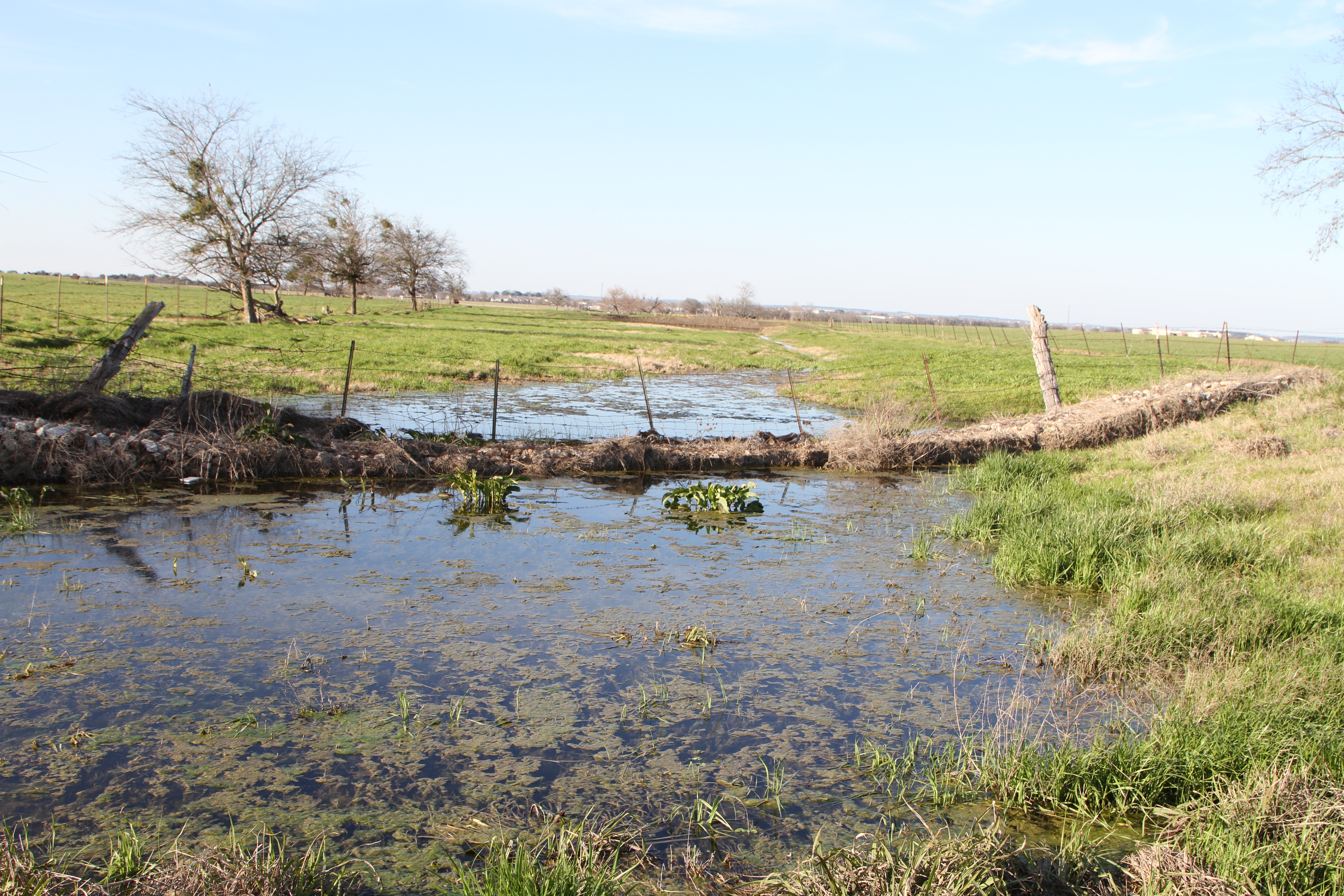By Jessica Domel
Multimedia Reporter
A rancher who spent $40,000 for a permit writing expert, consultant, an environmental assessment, attorneys and more only to find he couldn’t create a small dirt road across his own property spoke out against the embattled Waters of the U.S. (WOTUS) rule Wednesday morning.
“The 2015 rule, in my opinion, unlawfully burdened my ranching operation, since I could not determine whether I would be in compliance or out of compliance on any necessary ranch improvement involving any of the typical Southern Arizona dry washes on my ranch due to the vagueness of the rule,” Jim Chilton, a fifth generation Arizona rancher, told the U.S. House Science, Space and Technology Committee (link to: https://science.house.gov/legislation/hearings/subcommittee-environment-hearing-future-wotus-examining-role-states).
There are no navigable streams within 265 miles of Chilton’s ranch, but Chilton said he would still be required to obtain a permit from the Army Corps of Engineers for routine work on his private property.
In the late 1990s, Chilton had to retain environmental experts and an attorney to comply with requirements in order to obtain a permit to put a small dirt road across a dry wash on his property.
“The wash only carries water briefly during occasional summer rainstorms,” Chilton testified. “My environmental consultants believed, at that point in time, building a small dirt ranch road across the wash was subject to the 1972 Clear Water Act regulations.”
Although WOTUS was not in effect then, Chilton said the hassle he went through points to the trouble WOTUS, with its planned expansion of EPA’s power through the Clean Water Act, would create for landowners.
“It is laughable or enough to provoke anger to think of this desert wash as a ‘navigable’ water of the U.S.,” Chilton said. “No one could float anything—not even a leaf—from my land to the nearest navigable river, because the supposed connections do not connect and are almost always dry and are never, ever navigable.”
In the end, attempting to get the permit cost so much money—$40,000—Chilton abandoned the project. None of his investment went to a constructive or productive agricultural need, he said. It was all for experts and attorneys.
Chilton also shared a second personal experience he said emphasizes the point that when a bureaucracy writes rules, it is always tempted to expand its authority.
Several years ago, he wanted to build a small, dirt road by placing a culvert in a dry wash with a 12-inch wide sand bottom, so his ranch trucks could more easily travel through the area.
The proposed project was more than 270 miles from the Colorado River—a navigable water of the U.S.
“My environmental consultant again told me that, at that point in time, the dry wash would be considered a water of the United States, and therefore, a 404 permit would be required,” Chilton said.
Chilton gave up the project until the Supreme Court issued a decision he felt would allow the project.
Then, WOTUS went into effect. Under WOTUS, Chilton said he would have again paid high fees to gain a permit to improve a road on his private property.
“In my view, the 2015 WOTUS rule empowered bureaucrats to impose their personal views without concern for being called to account for their action,” Chilton testified. “Any future rule should be designed to restrict such behavior by removing any subjectivity from interpreting what is a federal water.”
When a vague and expansive rule like WOTUS is adopted, it opens the door for activists to freely interpret federal regulations, Chilton said, to advance their personal philosophy.
U.S. Rep Andy Biggs, chairman of the committee, said the shortcomings of WOTUS are so self-evident, it’s not surprising the “onerous” rule has been challenged across the country by states and groups like the American Farm Bureau Federation and Texas Farm Bureau.
“Now we can point to a very encouraging action from the new administration. President Trump recently issued an executive order directing EPA and the Army Corps of Engineers to review the WOTUS rule,” Biggs said.
He told the committee the government needs to do its due diligence and propose a rule that is helpful and not harmful.
Wesley Mehl, deputy commissioner of the Arizona Land Department, Ken Kop

